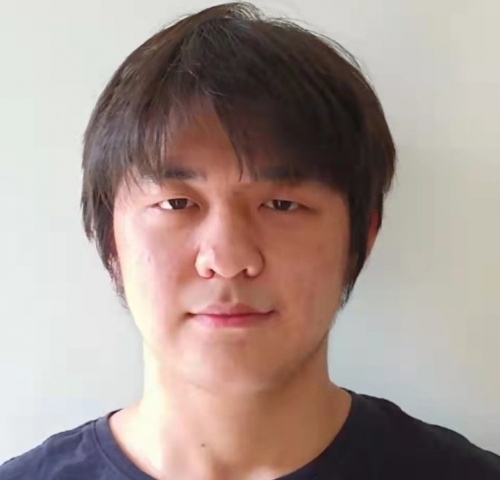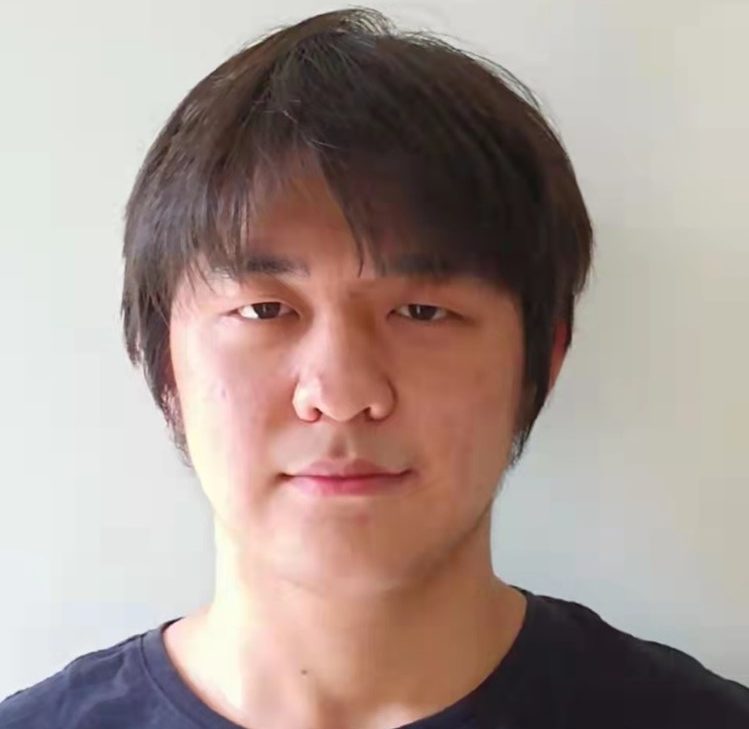
Siwan Li
The University of Queensland
I’m an Australian-born Chinese maths student. I recently graduated in my Bachelors of Maths and Computer Science at the University of Queensland and am continuing into doing a maths honours degree at UQ, with my supervisor Ole Warnaar. I’m a nerdy introvert with a love of learning; I read all sorts of books, read articles and watch video documentaries about a variety of scientific/humanitarian disciplines. I also enjoy doing challenging things; I like to play hard, Japanese video games, play with Rubik’s Cubes, and play a variety of musical instruments, including the piano, trombone, and viola. I have played in many ensembles inside and outside my schools and am currently playing in the Queensland Youth Orchestra. Despite having many interests, maths and other related disciplines remains my most favourite topic.
Can you give me a quick rundown about the type of mathematics you are studying and its potential impacts for the broader community?
I’m about to start my honours, with my research topic being ‘Infinite-dimensional Lie Algebras’. Lie Algebras are spaces that satisfy many useful mathematical properties and are one of the main objects of study in Lie Theory. These spaces are used extensively in many areas of maths and many physical systems; in particular, they’re used a lot in quantum mechanics and particle physics.
How did you get into mathematics? Was there someone or something that inspired you into this field?
I always had a knack for problem solving and abstract thinking, so I was already well-acquainted with math from the start. But watching maths edutainment videos on YouTube and reading books related to maths really drew me in to the aesthetic beauty, richness, and creativity that maths offers.
You received a Travel Grant to attend AMSI Summer School 2023. How important was this in terms of your ability to attend, fully participate in the program and meet others studying in similar fields?
I find it much easier to listen to lectures when I participate to them in person. Being together in the classroom and living under the same roof with other mathematicians gave me opportunities to meet and connect with similar people. It was also easier to get a hold of lecturers and AMSI staff for help with course material and school admin things. So overall, I definitely think it was an advantage to come back to an in-person style.
What was the most valuable part of the program for you?
I think the most valuable part was the people I met. I enjoyed making connections and learned many things about academic maths throughout Australia. I got to understand better the struggles and joys of learning about mathematics. The course content didn’t relate too well with my current work/research unfortunately.
In the long-term, what do you think are the benefits of having attended Summer School?
The Summer School gave me an opportunity to experience what the Melbourne life is like and build a network with many people in the Australian academic maths community.
Summer School included a special Careers Day program which aims to help give students an idea of the kinds of career paths available to maths graduates in industry and private sector research areas. Were you previously aware of the types of industry opportunities available to mathematical science graduates?
I was aware of some jobs out there for maths graduates but was surprised by the variety of jobs that are being offered no matter what level of maths you do. I had considered working in industry before and seeing the number of opportunities and possibilities that are available is very reassuring. So, I do find myself better equipped to explore career options now.
What advice would you give to someone who is considering applying for Summer School in 2024? Should they apply and why?
Some courses can get pretty intense, making it easy to fall behind and give you little time to focus on other things in your life. So depending on your motive for applying to the summer school, there may be very little need for you to do more than one course or for you to do a course that you don’t find enjoyable. In such a case, it’s better to do one course and enjoy your time with it than to do two courses out of obligation.
Where do you want the mathematical sciences to take you? Where do you see yourself in five, ten years time?
I’m hoping to get a PhD in mathematics or some related mathematical discipline. After that, I’m likely to go into industry where I can find an interesting and stable job involving a lot of mathematical thinking.

